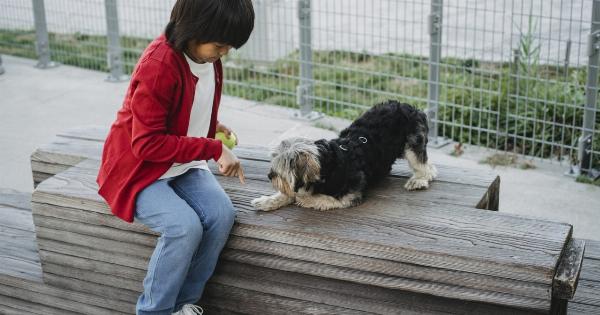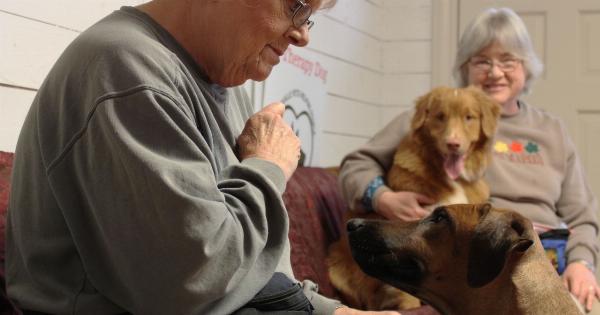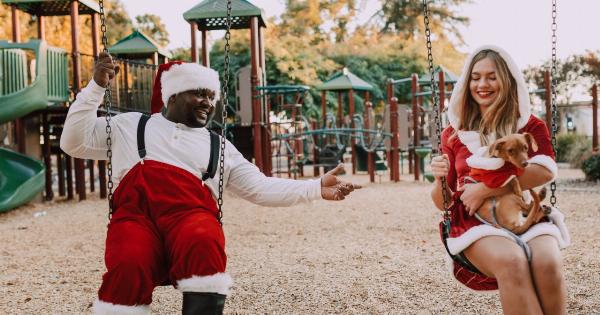As our furry friends age, they may experience cognitive decline, just like humans do. In fact, studies have shown that 28% of dogs aged 11-12 years, and 68% of dogs aged 15-16 years, show signs of cognitive impairment.
Dementia in dogs, also known as canine cognitive dysfunction (CCD), is a progressive condition that affects a dog’s memory, behavior, and cognitive function.
If you’re concerned that your dog may be suffering from cognitive decline, here are some common signs to look out for:.
1. Changes in sleeping patterns
If your dog starts to sleep more during the day or has trouble settling at night, it could be a sign of cognitive dysfunction. Your dog may also be restless or wander around at night, pacing or barking for no apparent reason.
2. Decreased interaction with family members or other pets
If your dog is less interested in interacting with you or other pets in the household, it’s a sign that something is not right. Your dog may appear distant, disoriented, or indifferent to the things that used to bring him joy.
3. Loss of house training
If your dog starts having accidents in the house, it could be a sign of cognitive dysfunction. Your dog may forget the rules of house training or may have trouble finding the door to go outside.
4. Disorientation or confusion
If your dog appears lost or disoriented in familiar surroundings, it could be a sign of cognitive decline. Your dog may also forget simple tasks, such as eating or drinking, or have trouble finding his food or water bowl.
5. Changes in appetite and weight
If your dog suddenly loses or gains weight without any obvious explanation, it could be a sign of cognitive decline. Your dog may also lose interest in food altogether.
6. Increased anxiety or agitation
If your dog seems more anxious or restless, it could be a sign of cognitive dysfunction. Your dog may be more easily agitated or startled by loud noises, new people or things, or changes to his routine.
7. Decreased interest in exercise or play
If your dog is less interested in going for walks or playing with toys, it could be a sign of cognitive decline. Your dog may also spend more time sleeping or just lying around.
8. Staring into space
If your dog appears to be staring into space or at walls for long periods of time, it could be a sign of cognitive decline. Your dog may be disconnected from reality or may be experiencing hallucinations.
9. Inability to recognize family members or other pets
If your dog is unable to recognize family members or other pets in the household, it’s a sign that something is not right. Your dog may also become aggressive or fearful towards people or other pets without any apparent reason.
10. Increased vocalization
If your dog starts to bark, whine, or howl more frequently and for no apparent reason, it could be a sign of cognitive decline. Your dog may be experiencing anxiety, confusion, or distress.
If you notice any of these signs in your dog, it’s important to consult with your veterinarian.
While dementia in dogs cannot be cured, there are treatments and interventions that can help slow down the progression of the condition and improve your dog’s quality of life.
Conclusion
As our beloved dogs age, it’s important to be aware of the signs of cognitive decline and to seek guidance from a veterinarian if you suspect that your dog may be suffering from dementia.
With the right care and support, you can help your dog maintain his cognitive function and enjoy a happy, healthy life.




























